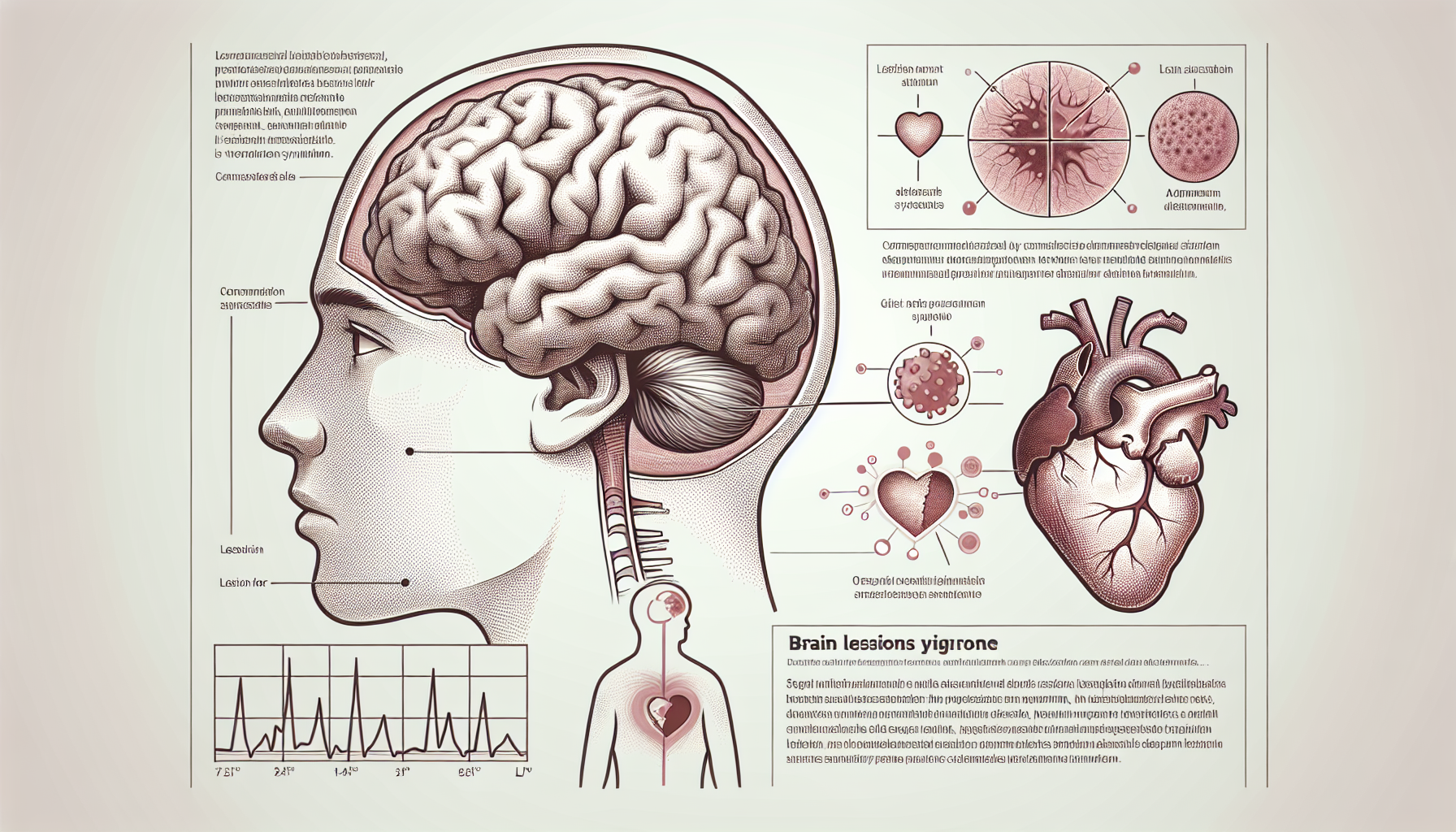New Drug Shows Promise for Menopause Symptoms Relief
Key Takeaways
- Elinzanetant significantly reduces menopause symptoms such as hot flashes.
- The drug also improves sleep quality and overall life quality.
- Elinzanetant is a promising non-hormonal treatment option undergoing regulatory approval.
Did You Know?
Introduction to Elinzanetant and Its Significance
Recent research presented at the 2024 ACOG Annual Clinical & Scientific Meeting highlighted a novel drug, elinzanetant, which shows significant promise in alleviating troubling menopause symptoms such as hot flashes and sleep disturbances. This discovery is particularly important for improving the quality of life for postmenopausal women.
Understanding Menopause and Its Challenges
Menopause marks the end of a woman's reproductive years, usually occurring in their late 40s or early 50s. It is often accompanied by vasomotor symptoms (VMS) like hot flashes, night sweats, and significant sleep disruptions. These symptoms can severely affect daily life and overall well-being.
Approximately 80% of postmenopausal women experience VMS, making effective treatments essential. Current options are limited, and many involve hormone replacement therapy, which may not be suitable for all women due to various health concerns.
What is Elinzanetant?
Elinzanetant is an innovative non-hormonal medication designed to manage VMS. It acts on estrogen-sensitive neurons in the brain's hypothalamus, an area crucial for regulating body temperature. This mechanism provides a new therapeutic pathway distinct from hormone-based treatments.
The OASIS Trial Series
The OASIS-1 trial, among others in the OASIS series, evaluated the effectiveness of elinzanetant. These trials included postmenopausal women aged 40 to 65, who suffer from moderate to severe VMS.
The participants were divided into two groups: one receiving elinzanetant and the other, a placebo. The primary outcome measured was the frequency and severity of VMS over periods of 4 and 12 weeks, with secondary outcomes assessing improvements in sleep quality and overall menopause-related quality of life.
Significant Findings and Results
The findings from the OASIS-1 and OASIS-2 trials were encouraging. Participants receiving elinzanetant experienced a significant reduction in the frequency and severity of hot flashes compared to those on placebo. These reductions were clinically meaningful and maintained over the trial duration.
Another vital outcome was the improvement in sleep disturbances. Women taking elinzanetant reported better sleep quality, which is crucial as adequate rest directly impacts daily functioning and mental well-being.
Safety and Tolerability
In terms of safety, elinzanetant exhibited a favorable profile. Common side effects observed were mild and included headaches and fatigue. Importantly, no severe adverse events were linked directly to the medication, suggesting it is a safe alternative for long-term use.
These positive safety outcomes were consistent across subsequent trials, including the OASIS-3 study, which extended the observation period to 52 weeks, further reinforcing elinzanetant’s reliability as a long-term treatment option.
Elinzanetant: A Potential Game-Changer
The impact of these findings is substantial. The ability to effectively manage VMS without hormonal intervention provides a critical alternative for women unable or unwilling to use hormone replacement therapy. It enhances their options and empowers them to seek treatment that aligns with their preferences and medical histories.
Conclusion and the Future
Elinzanetant holds the promise of transforming menopause management. With ongoing support from the medical community and pending regulatory approvals, this drug could soon become a widely recognized treatment, offering relief to many women worldwide.
Pending approval by health authorities, the pharmaceutical company Bayer has plans to market elinzanetant, potentially making it a standard option for treating menopausal symptoms in the near future.
Final Thoughts
Understanding the needs and challenges of postmenopausal women is crucial in developing effective treatments. Elinzanetant represents hope for a non-hormonal yet effective option, improving life quality during this significant phase of life.






